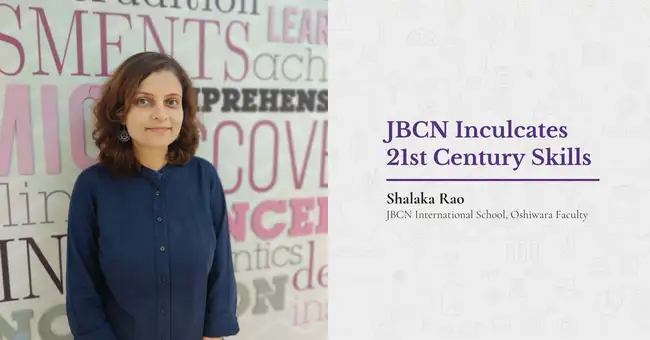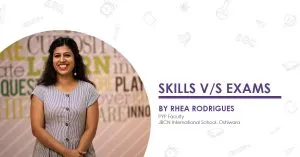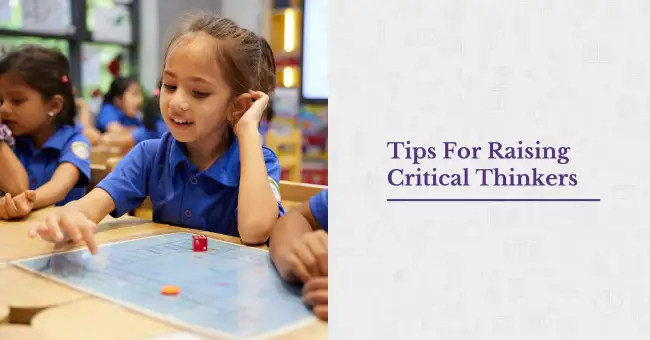
A motivated teacher is very important to the classroom as they have a different approach to teaching than others. They also motivate their students to learn in a fun and engaging manner. Motivation is one of the strongest tools that keeps children positive through a long period of time.
It involves working toward goals and tailoring activities to achieve this purpose. It helps in driving creativity and curiosity among students. It is not just about getting the students motivated at the moment, but it also involves developing their underlying goals and aspirations through their academic journey. In this article let's talk about the Importance Of Teacher In Students Life!
Here are some effective ways in which you can motivate students and be the perfect teacher for them! Read them below –
1. Encourage Students:
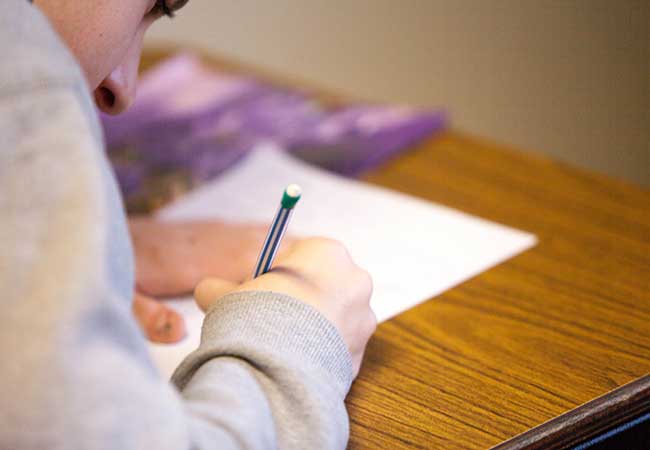
Students often look to teachers for approval and are more likely to be enthusiastic about learning if they feel that their work is valued and recognized. Open communication and free thinking can do wonders for the students and make them voice their opinions with confidence. A “good job” can go a long way!
2. Make Learning Fun:
Teachers should always make their classes interesting and fun instead of explaining concepts through lectures in a very technical fashion. Try including game-based learning and competitions to get students more involved and alert at all times. This will definitely create interest among students and give them an opportunity to interact with each other.3. Draw Connections To Real Life:
While studying different subjects, students often wonder if they will ever make use of the knowledge in real life? They generally believe that what they are learning is not important and has no purpose. A good teacher should cite examples and demonstrate how the subject relates to everyday life and how it can be used in the future.4. Set Performance Goals:
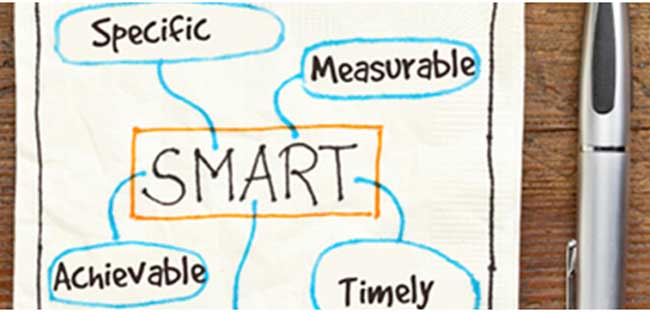
Help students by setting small achievable goals and encourage them to complete their goals. Design assignments that are challenging but according to the aptitude of the class.
5. Change Scenery:
A classroom is definitely a great place for learning, but sitting at the desk all day and learning can become a tedious affair for the students, as well as the teachers. Giving students a chance to get out of the classroom and learn in a new environment gets them interested and motivated. You would be surprised at the benefits of a new setting or open classroom!6. Step Away From Textbooks:
Bringing in material that your students can connect with, and that matches their needs and interests can improve the lesson output. Create activities and games to show them that you are also prepared to put in a lot of effort that will help them to succeed.7. Don’t Over-Correct:
Students shouldn’t be corrected repeatedly when they are speaking in front of the class. If they are interrupted intermittently, they will lose their confidence. After they have completed, you should motivate them and then point out the major mistakes they might have made. You can always tell them that making mistakes is a natural part of learning and evolving.8. Hand Over Some Control:
If the students take ownership of how the classroom activities are carried out, they will feel happy and relaxed. Take an audit of your class, by asking students what they enjoy, what helps them learn, what they’re excited about after class. After reviewing the answers, integrate their ideas into the classroom sessions and witness the increase in student engagement.9. Track Improvement:
Always remind students that they have come a long way from where they started. Set short-term goals, emphasize improvement, keep self-evaluation forms to fill out and compare throughout the year. This helps them monitor their progress and acts as a confidence booster.10. Allow Students To Work Together:
When students work together, they often try to solve problems while having fun! Collaboration is a great teaching tool in itself. Teachers, however, to ensure that the groups are balanced and fair so that some students aren’t doing more work than the others.While a deep and broad knowledge of the subject is essential for being a good teacher, a lot also depends on how the knowledge is passed on to the students. The focus should not be on learning notes and securing marks but on a lucid understanding of the subject and holistic development of the child. A teacher is a nurturer and her role goes beyond academics, she is responsible for creating a love for life-long learning and advancement.
Written By, JBCN International School.

